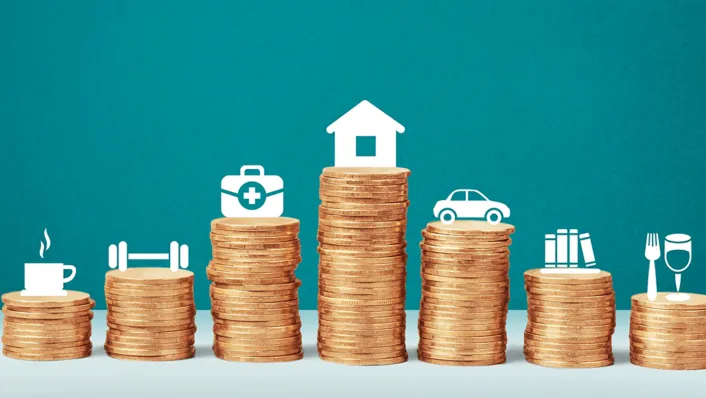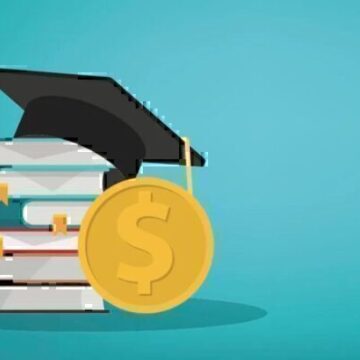The COVID crisis changed many things – and the hope is that the lessons learned will help us move forward as best we can.
One of the biggest lessons learned is that safety, health and well-being are the priorities that matter most.
How we handle our money is also a key lesson coming out of the last year or so. From managing unexpected interruptions in income to prioritizing monthly expenses, GreenPath Financial Wellness has been listening and learning as we guide people through financial hardships.
Now as mortgage, renters, student loan debt and other protections come to an end, it’s even more important to understand how to take the opportunity to change how we handle money.
Noted here are 4 tips to change the way we handle money, especially when moving through everchanging times.
1. Take steps to build an emergency fund, no matter how big or small
No matter how big or small, a “rainy day” fund is the best protection when the unexpected happens. You can read more about the wisdom of preparing for an emergency. Following a savings plan, even if means depositing $20 in a rainy day fund each month, is a smart way to prepare for the unexpected. When you take the time to emergency-proof your finances, you set yourself up for success even in the face of challenges.
GreenPath Financial Service
Free Debt Counseling
Take control of your finances, get tailored guidance and a hassle-free budgeting experience. GreenPath offers personalized advice on how to manage your money.
2. Prioritize your bills
Getting the most important bills paid first is a helpful tactic in a time of crisis. Read more about which bills to pay during the pandemic. Setting bill priorities helps us stay in control, and gives us a clear picture of our monthly obligations.
That was one of the most obvious financial lessons from the pandemic that we heard from the people we talked with over the last year or so.
3. Start a budget
For those households that already had a habit of budgeting, managing through a crisis can be less stressful. Budgeting is really just a way to plan ahead. Allocating how much to put toward household expenses, debt, food, medical and other bills is the first step to building a budget.
Setting a household budget doesn’t have to be complicated. Many people find they reduce financial stress by creating and following a simple budget. Read more on how to get started.
During the pandemic, many families started being more intentional about planning for grocery purchases. There’s nothing like a crisis to help us stick to our grocery lists! Learn more here.
4. Don’t go it alone
From the earliest days of the COVID crisis, one of the biggest lessons we’re learned is that life can be unpredictable.
All we can do is prepare as best we can, particularly when it comes to having financial stability
The most recent news shares that COVID-era mortgage forbearance relief and renter protection programs are set to end in the upcoming month.
Depending on how challenging the financial situation, it can be confusing to understand the available options that could help you keep in your home.
You are not alone. Homeowners and renters facing financial challenges are more successful in figuring out their next steps when they fully understand their options.
Our HUD-certified counselors help you begin a conversation about where you are today, and what you need to accomplish your goals.
If you are looking for options to work through the end of relief programs, or for any reason, let’s talk. We will work with you to identify resources and help you create a plan to get through this difficult time.










